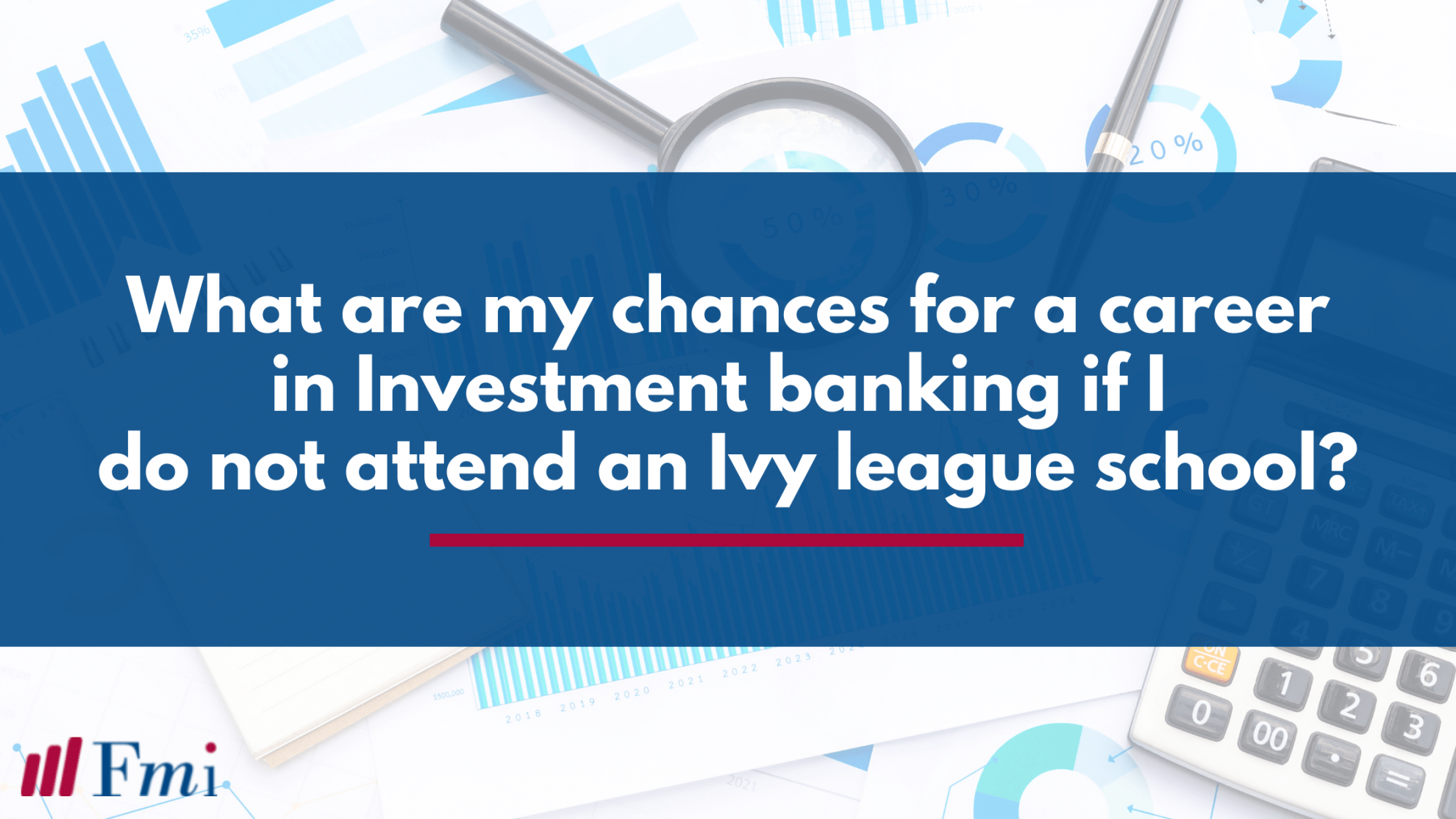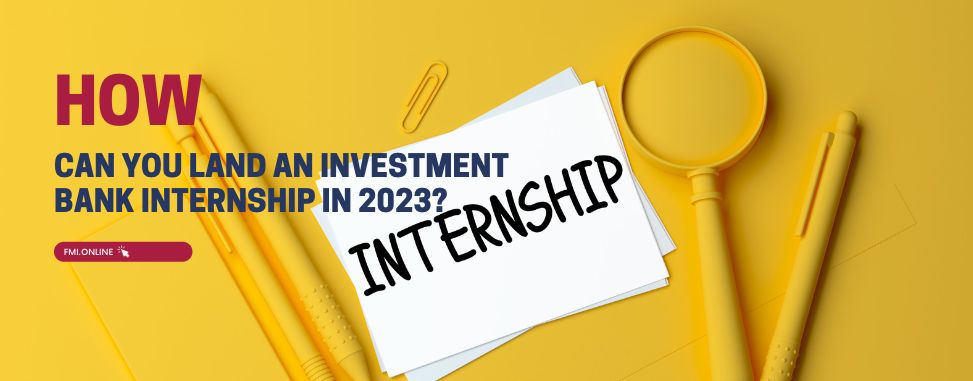It’s true – top-tier investment banks recruit heavily from ivy league schools and other target schools. Big names such as Goldman Sachs, Morgan Stanley, JP Morgan visit campuses to drum up interest in their internship programs and full-time entry-level positions.
Networking
They put on presentations at the schools and attend careers fairs that are organized by the schools’ careers service. They try to hire the top students from those schools as they have a track record of hiring talent from them. However, that does not mean that you cannot land such a job if you do not attend an ivy league school.
If the banks do not come to your campus, then you need to get creative. Do you know anyone in the industry who can get you a meeting with someone in the area you are interested in?
Do you have any friends or family members who went to an ivy league school? If so, ask them to look through their alumni list for a contact that might be able to help you.
If you manage to establish a contact this way, think about what you want your initial impression to be like. Do not bombard them with questions but think about an intelligent subject that you wish to discuss with them or explain why you want to break into the industry, your challenges, and how you hope that this person can help you.
Once you get a response or you have an initial meeting, then do not be afraid to ask them if you can email them some questions occasionally to keep the relationship going. Be clear about what you want and how you hope that they can help you.
Prejudices
Many bankers like to recruit students from their old schools. Not only does this affirm their belief in an ivy-league pedigree that they themselves hold, but also because they see themselves in the students they hire. It has been proven that interviewers tend to interview people who are like themselves without even realizing it. They can relate to them, and it takes them back to when they were at school.
The problem with this, however, is that the banks then recruit a lot of people from the same mold, so it is good for them to recruit some people from other schools with different ways to think and approach things. Investment banks are increasingly exploring this option as a way to increase their diversity.
If you are not at a target school, your best bet is to work hard to achieve summa cum laude (a first-class degree in the UK). Banks recruit exceptional people, so if you did not attend a target school, you need to have all the traits they usually look for and more for them to notice you. Make your coursework as relevant to the industry as possible, write papers on finance, trade if you want to be a trader.
If you don’t have the funds to set this up or wish to try a low-risk way to gain experience, then use a simulator such as the ones found here. In other words, go the extra mile to stand out from the ones who have the ivy league pedigree.
Preparation
You will need to show that you have a well-thought-out and researched plan for your career, even if this ends up changing.
It is not enough to say that you want to be a trader. Why do you want to be one, what do you want to trade, and why? The kind of knowledge you need takes time to acquire as you should not just read what is going on but also think about it. Have an opinion. Make predictions about what will happen in the market and see if you are right.
It would help if you also prepared for any interviews and application processes that you will have to go through and then pass it with flying colors. The fact that you are not in a top-tier school may make some of the interviewers unconsciously look for a reason to reject you, so you need to be outstanding.
Think about and research what interview questions you will be asked. Your mental maths will be tested in a more technical interview. Usually, a bank will have an online numerical test as part of the application process, and some banks will retest you onsite. This is simple to prepare for. There are many tests online that you can have a go at.
If you really struggle to pass them, then you should rethink this career choice. Some people ask friends to take the online tests for them; however, you will be found out at some point during the process, so this is not advised.
Depth of knowledge
You will probably get fewer interviews if you attend a non-target school simply because the banks are not visiting your campus, and so you must do extra work to get yourself in front of the companies that interest you. When you get an interview, you will need to be immediately impressive; you may not get a second chance.
Ensure that you have excellent industry knowledge, market knowledge, and technical knowledge. Take as many financial classes as you can in school rather than doing the bare minimum.
Have an opinion and when you are asked about it, defend it. Learn as much of the jargon as you can for the area that you are interviewing for. For example, if you want to work in Mergers and Acquisitions, then know what earnings dilution is and how to consolidate financial statements.
Manage your expectations
Fewer people will get into a top-tier investment bank from non-target schools, and so you must be realistic about the chances of you not being successful. Think about trying the smaller banks, even if you use them as a way into the industry, and move on once you have a few years of experience under your belt.
You may wish to apply to more than one industry. Asset management, accountancy, consulting, and insurance industries have roles that you could get stuck into and build a great career in. They all have information about their graduate programs on their websites for you to research.
Another way to get into a top-tier bank is to apply for a back or middle office position rather than one in the front office. You may not land your dream job, but you could land your dream company, and perhaps you could network like crazy once you are in and move internally.
The bottom line is that you will have to work harder to get noticed by a top-tier bank than those who attend the ivy-league schools, but it is possible. If you decide that this is really what you want, then go for it!












 60+ hours
60+ hours 9 courses
9 courses



